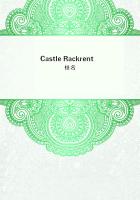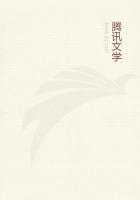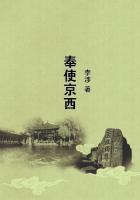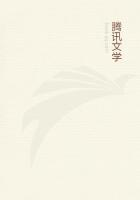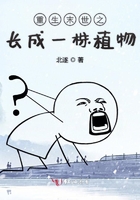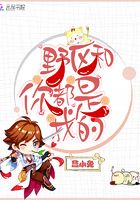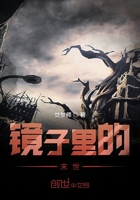The Poet of Rebellion, of Nature, and of LoveIt may seem strange that so much space has been occupied in the last two chapters by philosophical and political topics, and this although Shelley is the most purely lyrical of English poets. The fact is that in nearly all English poets there is a strong moral and philosophical strain, particularly in those of the period 1770-1830. They are deeply interested in political, scientific, and religious speculations in aesthetic questions only superficially, if at all Shelley, with the tap-roots of his emotions striking deep into politics and philosophy, is only an extreme instance of a national trait, which was unusually prominent in the early part of the nineteenth century owing to the state of our insular politics at the time though it must be admitted that English artists of all periods have an inherent tendency to moralise which has sometimes been a weakness, and sometimes has given them surprising strength.
Like the other poets of the Romantic Movement Shelley expended his emotion on three main objects--politics, nature, and love. In each of these subjects he struck a note peculiar to himself, but his singularity is perhaps greatest in the sphere of politics. It may be summed up in the observation that no English imaginative writer of the first rank has been equally inspired by those doctrines that helped to produce the French Revolution. That all men are born free and equal; that by a contract entered into in primitive times they surrendered as much of their rights as was necessary to the well-being of the community, that despotic governments and established religions, being violations of the original contract, are encroachments on those rights and the causes of all evil; that inequalities of rank and power can be abolished by reasoning, and that then, since men are naturally good, the golden age will return--these are positions which the English mind, with its dislike of the 'a priori', will not readily accept. The English Utilitarians, who exerted a great influence on the course of affairs, and the classical school of economists that derived from them, did indeed hold that men were naturally good, in a sense. Their theory wasthat, if people were left to themselves, and if the restraints imposed by authority on thought and commerce were removed, the operation of ordinary human motives would produce the most beneficent results. But their theory was quite empirical; worked out in various ways by Adam Smith, Bentham, and Mill, it admirably suited the native independence of the English character, and was justified by the fact that, at the end of the eighteenth century, governments were so bad that an immense increase of wealth, intelligence, and happiness was bound to come merely from ****** a clean sweep of obsolete institutions. Shelley's Radicalism was not of this drab hue. He was incapable of soberly studying the connections between causes and effects an incapacity which comes out in the distaste he felt for history--and his conception of the ideal at which the reformer should aim was vague and fantastic. In both these respects his shortcomings were due to ignorance of human nature proceeding from ignorance of himself.
And first as to the nature of his ideals. While all good men must sympathise with the sincerity of his passion to remould this sorry scheme of things "nearer to the heart's desire," few will find the model, as it appears in his poems, very exhilarating. It is chiefly expressed in negatives: there will be no priests, no kings, no marriage, no war, no cruelty--man will be "tribeless and nationless." Though the earth will teem with plenty beyond our wildest imagination, the general effect is insipid; or, if there are colours in the scene, they are hectic, unnatural colours. His couples of lovers, isolated in bowers of bliss, reading Plato and eating vegetables, are poor substitutes for the rich variety of human emotions which the real world, with all its admixture of evil, actually admits. Hence Shelley's tone irritates when he shrilly summons us to adore his New Jerusalem. Reflecting on the narrowness of his ideals we are apt to see him as an ignorant and fanatical sectary, and to detect an unpleasant flavour in his verse. And we perceive that, as with all honest fanatics, his narrowness comes from ignorance of himself. The story of Mrs. Southey's buns is typical. When he visited Southey there were hot buttered buns for tea, and he so much offended Mrs. Southey by calling them coarse, disgusting food that she determined to make him try them. He ate first one, then another,and ended by clearing off two plates of the unclean thing. Actively conscious of nothing in himself but aspirations towards perfection, he never saw that, like everyone else, he was a cockpit of ordinary conflicting instincts; or, if this tumult of lower movements did emerge into consciousness, he would judge it to be wholly evil, since it had no connection, except as a hindrance, with his activities as a reformer. Similarly the world at large, full as it was of nightmare oppressions of wrong, fell for him into two sharply opposed spheres of light and darkness on one side the radiant armies of right, on the other the perverse opposition of devils.

